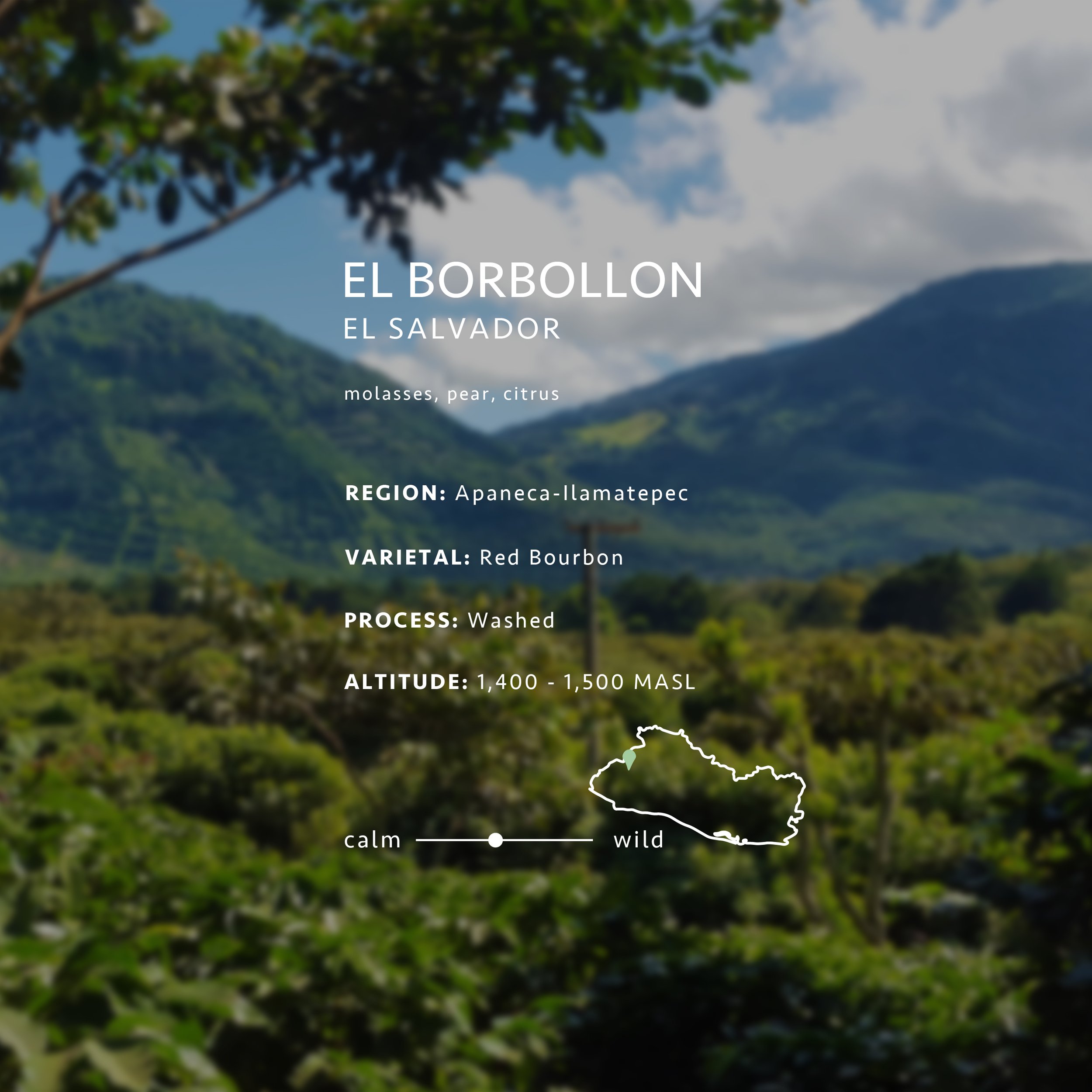Introducing Mr. Neja Fadil into the Highland Collection
H I G H L A N D C O L L E C T I O N
Introducing the Highland Collection, limited release offerings of exceptional coffees from across the globe.
Read more below on new coffees hitting slow bar and the shelves this week!
A welcome addition to the Highland Collection, this washed process coffee from Mr. Neja Fadil is delicate and complex, with notes of white tea and peach.
ETHIOPIA | NEJA FADIL
[EETH-EE-OPE-YA • NEY-YA • FA-DEEL]
Notes:
White Tea, Peach, Seltzer
Varietals:
74110, 74112, Dega, Wolisho
Process:
Washed
Elevation:
2,200 MASL
The Neja Fadil wet mill has registered about 250 farmers who are located in the villages surrounding the wet mill (in Tobitu Tuta Kebele). This lot (from 45 of the 250 registered farmers) is unique, in that - even as part of the coffee powerhouse Guji region - only over the past few years have residents of Tobitu Tuta begun farming coffee. Mr. Neja Fedil is a recent arrival to coffee export, having built his washing station in 2017 after working for several years as a coffee collector on commission for other washing stations. In his youth - also recent! - Neja played on his local district football (soccer) team. As is becoming increasingly common at private washing stations in Ethiopia now, the station is currently expanding registration of farmer suppliers and launching agronomy trainings to expand quality control to the farm level.
Enjoy this super sweet washed Colombia with notes of orange and molasses.
COLOMBIA | APONTE
[KUH-LUM-BEE-YUH • AH-PONE-TEY]
Process:
Washed
Elevation:
2,150 MASL
Notes:
Orange, Apple, Molasses
Varietal:
Caturra
The Inga community of Aponte is comprised of descendants of the ancient, pre-Hispanic Incas. During the period of conquest, they remained isolated high in the mountains that became their natural refuge. This community did not resume significant contact with the rest of Colombia until the second half of the nineteenth century. Unfortunately, in the 1990’s, contact was mostly criminal, and the Inga’s refuge became a place of cruelty.
In the last decade the mountains have become a safe zone for the Inga tribe, and illegal crops were eradicated to give way to a new culture: coffee! The Caturra variety has been planted in the Inga territory, on smallholder properties in the Resguardo Inga Aponte, at an average of 2150 meters above sea level. This elevation, combined with the Galeras Volcano constantly shedding nutrient-rich ash, makes for an exceptionally complex and sweet coffee.
This washed process El Salvador is a complex bean, with notes of molasses and citrus. It’s also just so much fun to say; El Borbollon.
EL SALVADOR | EL BORBOLLON
[EL • SAL-VUH-DORE • EL • BOR-BO-YON]
Notes:
Molasses, Pear, Citrus
Varietal:
Red Bourbon
Process:
Washed
Elevation:
1,400 - 1,500 MASL
The Alvarez family has been growing coffee in El Salvador for over 100 years and across four generations. Their award-winning farms are located on the lush green hills of Santa Ana, in the west of the country, whose rich volcanic soils and mild climate provide ideal conditions for growing coffee. The beans which together make up El Borbollón come from two small neighboring farms – La Reforma and Santa Maria. They are hand-picked and collected in traditional hand woven baskets from December until March by pickers who have been specially trained to select only the best and fully-mature coffee cherries.
This natural process Colombia is exceedingly juicy and intense with notes of strawberry pie and blueberry. Smooth finish with chocolate notes.
COLOMBIA | EL PUENTE
[KUH-LUM-BEE-YUH • EL • POO-EN-TEY]
Notes:
Strawberry Pie, Blueberry, Chocolate
Varietal:
Caturra, Colombia, Castillo
Process:
Natural
Elevation:
1,800 MASL
The El Puente processing facility is located in Fundador township, Palestina, Huila, Colombia. “El Puente” translates to “the bridge”, named not only for the footbridge that spans a nearby river, but more importantly representing the connection that the processing facility creates between local smallholder producers and the global specialty coffee industry. The facility is just a 20 minute drive to the coffee centers of Pitalito and downtown Palestina, and is strategically located in an area with a high density of coffee to allow easy delivery of cherries by local coffee producers.
Coffee cherries are placed in a large parabolic dryer covered with shade fabric to regulate the temperature.
Thanks for reading, now enjoy some delicious coffee!
Take it easy.









